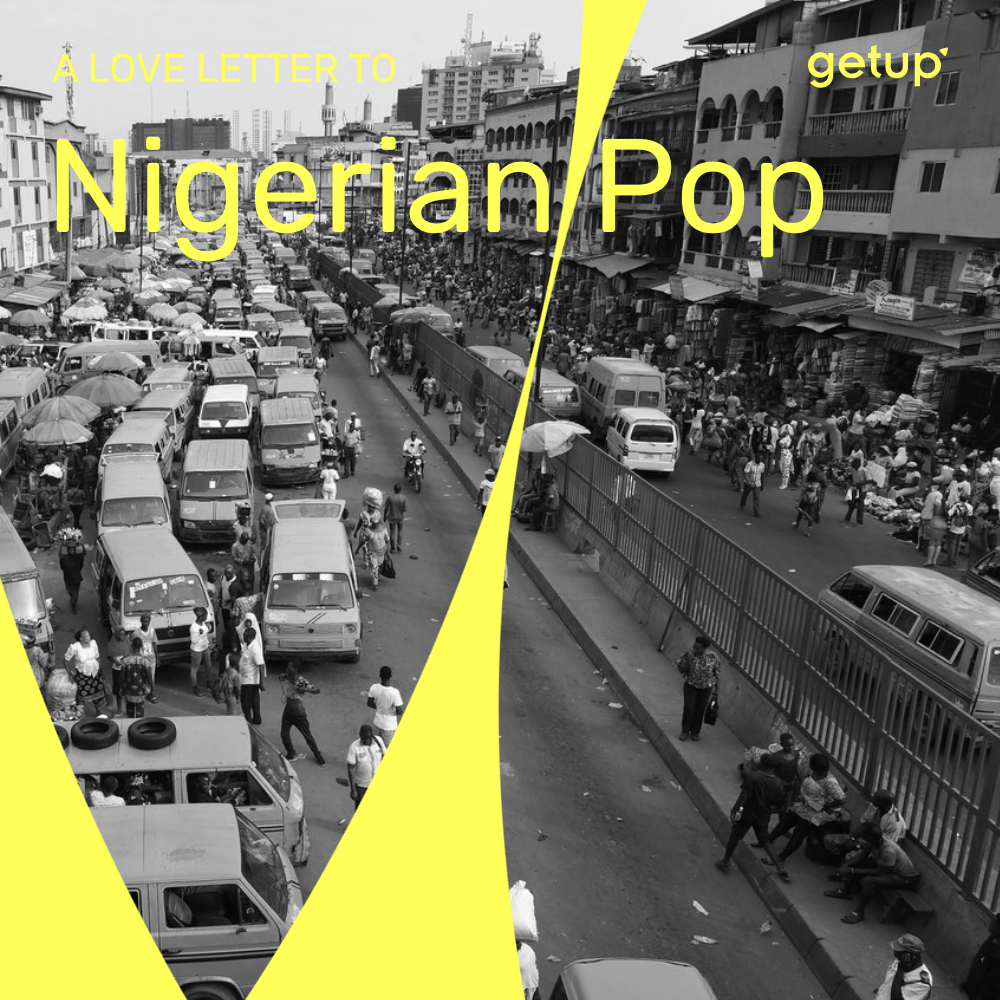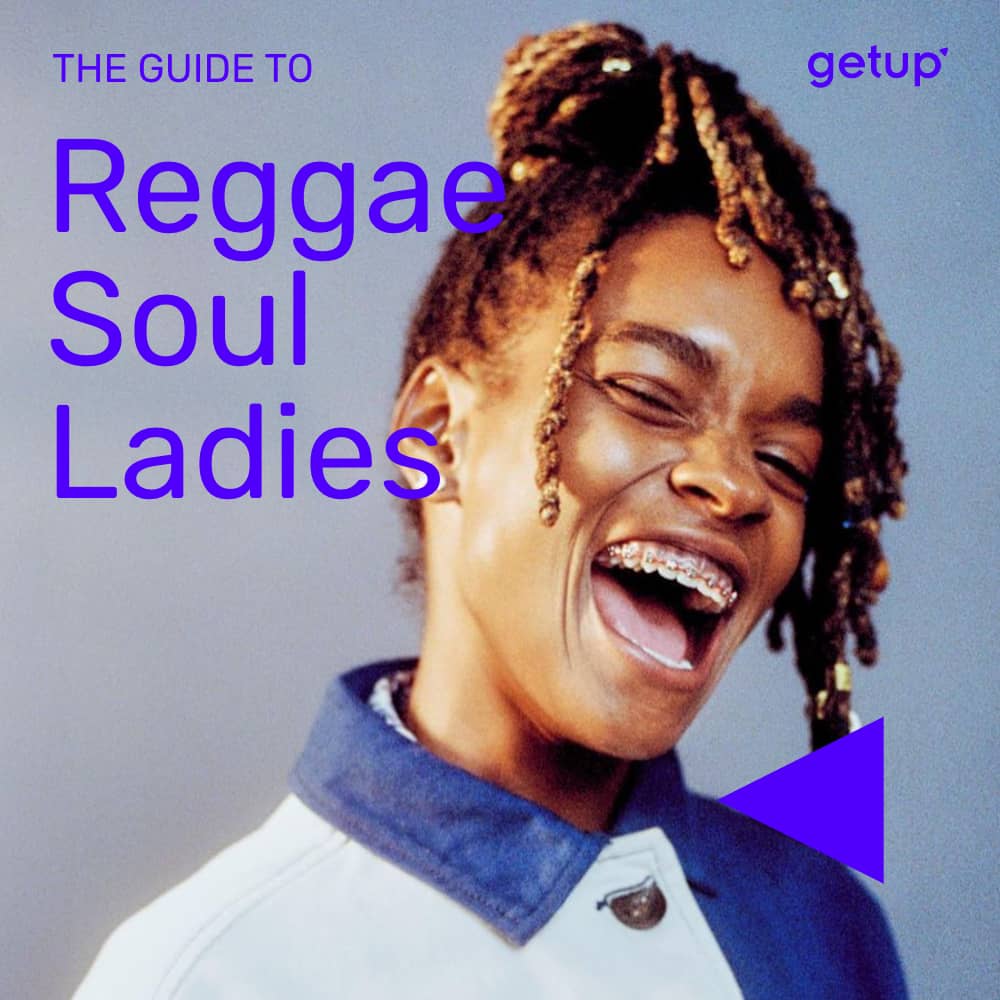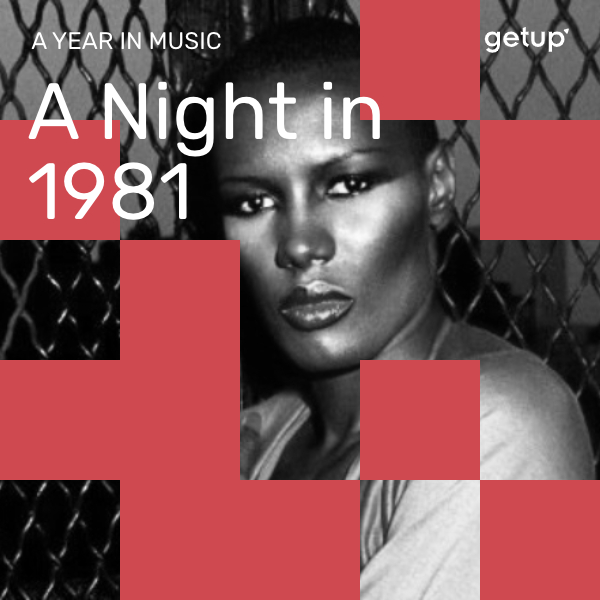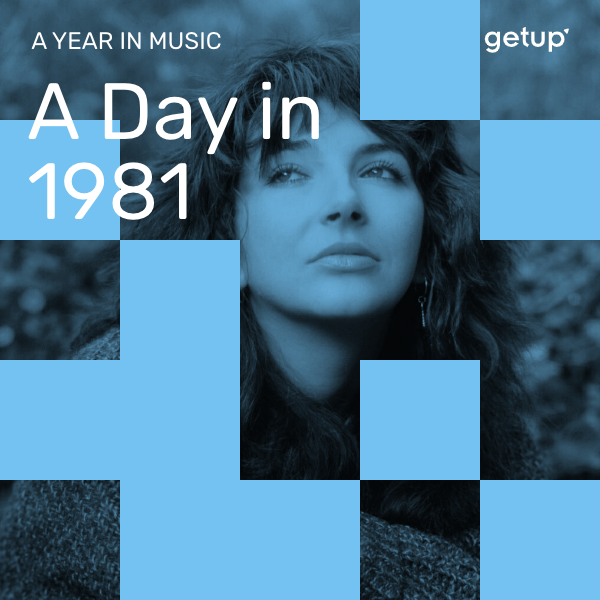The modern Nigerian music experiment can be seen as an ongoing dialectic with the world; a long-stemmed inquiry into the mudpie of sound, maturing with rank and flavour like a spiced palm wine. However the marvels of Nigeria’s soundscape are not bitter to the tongue nor carry the harsh swig that bubbles to one’s head. Instead, the platypi of today’s Nigerian Pop swim joyfully in the sonic biospheres of the world, nestling deeply into the rhythm section of our ears, awash and belly up in the digital sound universe.
Did it start after WWII like so many postmodern fairy tales ? Or was it already pregnant with colonial disdain when Bande Tunde King coined the nation’s palm-wine music as jùjú (a snide to the French ‘joujou’ or ‘nonsense’) ? No, surely it started much sooner, with the neighbouring traditions of Liberia, Sierra Leone, and Ghana, condensing and expanding through an audible heritage.
Wherever the epistemic cursor be planted in the annals of “we’ll never fucking know”, the un-ignorable sound now crashing onto the shores of the Occident is expressed in the forms of Burna Boy, WizKid, Zlatan, Zinoleesky, and Fireboy among others. These new icons have had their fair share of exchange with the popular music of the world. Hip-hop, dancehall, afrobeat, reggae, and Euro-pop can all be heard smacking their lips to inform the traditional backbone of Nigeria’s new Pop stars.
Worth noting is the far too tempting linguistic pigeonhole often used to characterise Nigerian popular music: Afrobeats. Burna Boy, for example, rejects this Occidental imposition of an African monolith (despite his own megalomaniacal intitulations of African Giant), and highlights an important malapropism. Nigerian popular music is not Afrobeats the same way Sertanejo is not World Music. The “Afrobeat '' prefix and progeny of Fela Kuti has little to do with what we hear bouncing the booties of today’s discotheque goers. HuffPost goes so far as to say, “Afrobeats is both the evolution and in many ways antithesis of its prefixed forebear….it exists in diametrical opposition to all Kuti and his movement stood for, a mutated spawn in flat cap and British accent.”
Politics, controversy, and Pan-Africanism aside, it’s hard to imagine today’s Nigerian Pop without Mr. Kuti. In the same vein, it’s hard to imagine Nigerian Pop without the influence of English club music and American hip-hop and r&b. That’s not a weakness of the music, but a strength. It’s dialectic. It’s contagious. It’s familiar and exotic. Traditional and new. It’s ready to take over the world one dance floor at a time.
Whether it’s the pretty boy seduction of Fireboy DML, the Banku fusion of Mr. Eazi, or the vibey baritone of Zlatan, Nigerian Pop has a full arsenal of talent, style, and sound. As collaborations with Nigerian stars continues - see J Balvin, Tyga, Stormzy, etc. -, the dialectic will too. There is no telling where the creativity and influence will take the movement, but it’s sure to be coming to a radio station near you, so turn it up and enjoy.



.jpg)




